Mason confirmed that the current volatile climate is indeed driving significant demand for risk advisory services. He acknowledged that while he remains an “eternal optimist” regarding the fundamental drivers of the US economy – innovation and a collective drive to succeed – there are valid concerns about the democratic process and the stability of governmental frameworks. However, he also sees private industry leadership adapting, getting used to uncertainty, and seeking ways to forge paths forward despite policy shifts.
The Shifting Global Perception of the US
A key point of discussion was the evolving international perception of the United States. James noted that recent election results in countries like Australia and Canada suggest a potential wariness of US political trends. Mason conceded that perceptions of the US currently “require a lot of improvement.” He observed that while democratic systems worldwide are being pushed to extremes, they have largely held. He anticipates a “right-sizing” towards the center in some regions and believes the “world order as we knew it before is a thing of the past,” necessitating the forging of new international relationships, particularly among Western nations, to address common challenges like the growing influence of China.
World Bank/IMF Response: Pragmatism Amidst Turmoil
Reflecting on the recent World Bank/IMF spring meetings, Mason noted a more subdued atmosphere compared to previous years. However, he was struck by the pragmatic approach of the leadership. Despite the undeniable impact of US policy changes on GDP forecasts, the focus was on moving forward and solving pre-existing global problems. He highlighted a strong European presence signaling stability and openness for business, and the resilience shown by African representatives, who have experience navigating far more severe circumstances. This pragmatic determination from global leaders offered Mason a reason for optimism.
Key Markets and GRC Challenges
Looking ahead, Mason identified critical minerals as a key market to watch, given China’s current dominance in processing these essential resources. He also pointed to the rebuilding of Ukraine as a significant opportunity for innovation, as infrastructure and technology will need to be developed from scratch using cutting-edge solutions. The trajectory of US tariff policies and the resulting international relationships will heavily dictate future M&A activity and investment flows, with potential “capital flight into Europe” being a notable trend.
For the GRC community, Mason sees professionals as being on the “front lines of all this chaos.” Their role in assessing risks, understanding future scenarios, and ensuring compliance programs remain robust is more critical than ever. He urged GRC leaders to be vocal within their organizations, as C-suite executives are actively seeking guidance, particularly on navigating tariff impacts. This is the time for GRC professionals to leverage scenario planning and offer clear advice to stakeholders.
Pushback and Private Sector Influence
While acknowledging pockets of pushback against US administration policies from the courts and institutions like Harvard University, Mason believes significant future pressure will come from the private sector. As companies and industry associations gain a clearer understanding of policy impacts, they will increasingly leverage lobbying and influence, especially leading into midterm election cycles. He cited the car manufacturing industry’s early pressure regarding tariffs as an example. This presents an opportunity for GRC experts to guide these stakeholders in advocating for sound policy positions.
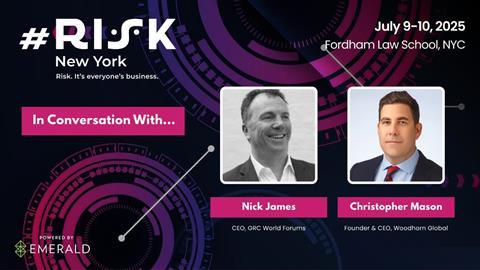
Key Takeaways:
- The current US administration has introduced significant geopolitical and regulatory uncertainty, impacting global business.
- While the US economy retains fundamental strengths, international perception of the US requires careful management and repair.
- Global institutions like the World Bank/IMF are taking a pragmatic approach to navigating current challenges.
- Critical minerals and the rebuilding of Ukraine represent key markets and opportunities to watch.
- GRC professionals are on the front lines, needing to guide their organizations through uncertainty and advocate for sensible policies.
- The private sector will increasingly influence policy direction in response to new risks and regulations.
The dynamic and often unpredictable nature of today’s risk landscape underscores the importance of forums like #RISK New York (July 9-10, Fordham Law School), where Christopher Mason will be a featured speaker. Such events provide a crucial platform for leaders to share insights, develop strategies, and build the connections needed to navigate this “new normal” effectively.











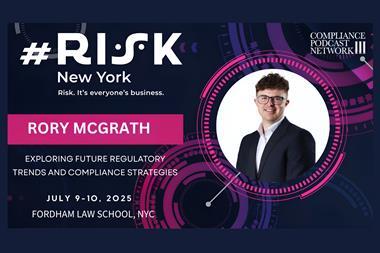
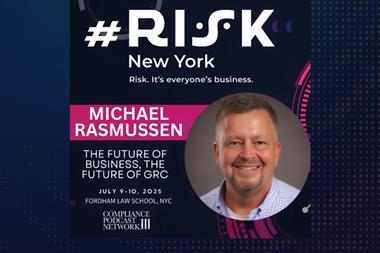
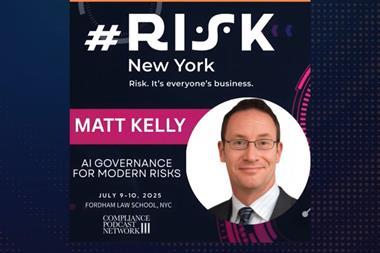
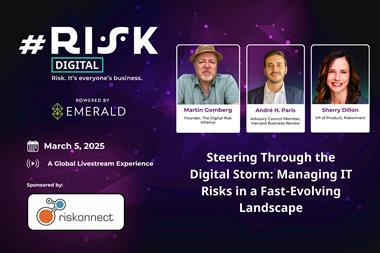
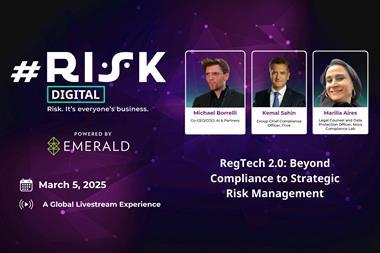



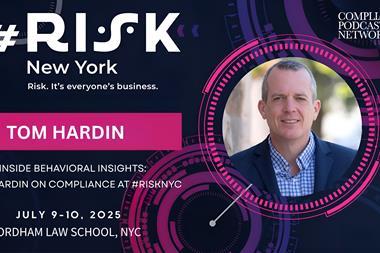
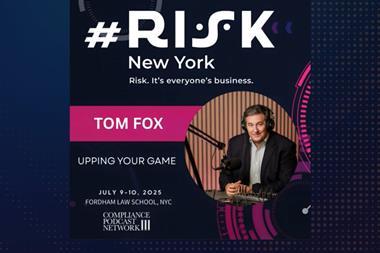
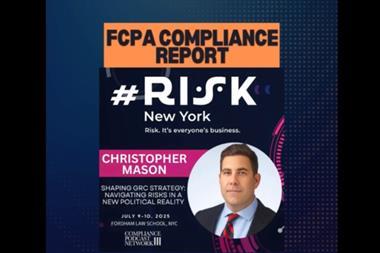







No comments yet